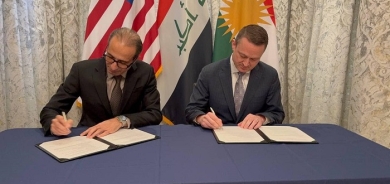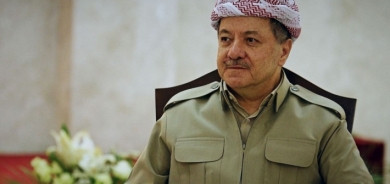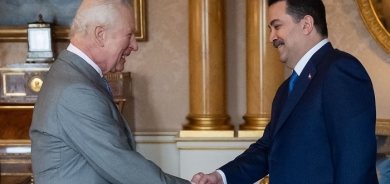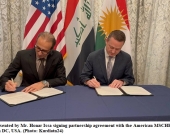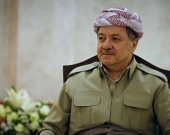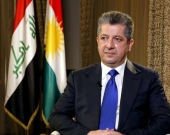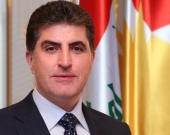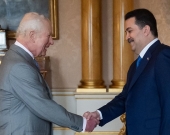Empowerment of Kurds in a dramatically changing Middle East

The Kurdish region of Iraq, which has a population of 5 million, 4.5 million of whom are Kurdish, is now ruled by the Kurdistan Regional Government (KRG) and is, for all practical purposes, nearly independent. The leadership of the KRG prefers, at least for the time being, to remain part of Iraq in order to participate in the huge oil and gas deposits in Arab-Iraq estimated to be in the vicinity of 150 billion barrels of oil and with vast gas deposits reaching into the trillions of cubic meters.
The KRG is also under pressure from the US to remain a part of Iraq so that the US will not be held morally accountable for contributing to the division of Iraq due to the consequences of the US war against that country in 2003. But with an estimated 45 billion barrels of oil and also large gas deposits, the Kurds of Iraq are in a position to advance toward independence when the KRG deems it propitious. The de jure fractioning of Iraq would be the equivalent in Middle Eastern history of the creation of Israel in 1948 -- a development that still bedevils any meaningful solution.
On July 19 there was another further empowering of Kurds in the Middle East. Interested readers who have followed developments in the Middle East for the past 10 years should not be surprised that Syrian Kurds, like Kurds in Iraq, declared that they will seek autonomous status in the heavily populated Kurdish regions of northeastern Syria.
It is notable that 60 percent of Syria's 2 million Kurds live in northeast Syria, which abuts the KRG and the Kurds of Turkey. Twenty percent live in the region of Damascus and an additional 20 percent live along the 910-kilometer border between Turkey and Syria.
The declaration by the ruling majority party, the Democratic Union Party (PYD), which is especially strong in the northeast, on July 19 that it would seek political autonomy, is yet a further blow to any hopes of a reconstructed Syria. The PYD determined, like the KRG before it, that developments in the wider Middle East were favorable for the declaration of autonomy.
Thus, two of the Kurdish regions of Iraq and Syria, with a total population of 7 million, have now opted for autonomy in the states they reside.
What is particularly newsworthy is that the PYD secured the northeast by fighting against Arab, largely non-Syrian, fanatical Salafists supported strongly by Saudi Arabia, Kuwait, Qatar and the United Arab Emirates, who, in turn, are strong allies of the US. Two days before declaring autonomy, the PYD was able to defeat the Arab guerilla fighters.
But what complicates the situation for the PYD is that fanatical Arab guerillas fighting against the Kurds is strongly supported by Turkey, one of the main allies of the US. Turkey supports the fundamentalist Arab guerrillas because they are part of the Free Syrian Army coalition -- supported by Turkey -- which is attempting to overthrow the Baathist Alawite regime of Syrian President Bashar al-Assad.
The situation is even more complicated due to the fact that the PYD is closely aligned with Turkey's Kurdistan Workers' Party (PKK). The PKK is still at loggerheads with the state, although the state of Turkey and the PKK entered a “solution process” in March. Much of the PYD leadership has family as well as political ties with Kurds in southeast Turkey and it also shares mutual political ideologies with the PKK and Kurdish nationalist groups in Turkey.
The US officially supports state actors, the KRG being an exception, and is adamantly opposed to the PKK and the PYD, viewing them as terrorist organizations. With the growing importance of the PKK and the PYD and their affiliates, as well as the empowering of Kurds throughout the Middle East, it seem a good time for the US to change its announced policies.
A seemingly odd ally of the US in these developments is Iran. Due to the developments in the Kurdish regions of the Middle East, the Iranian government last week sent another 4,000 troops to the Kurdish regions in northwest Iran, a region already brimming with troops, to monitor developments.
By Robert Olson
Todayzaman


